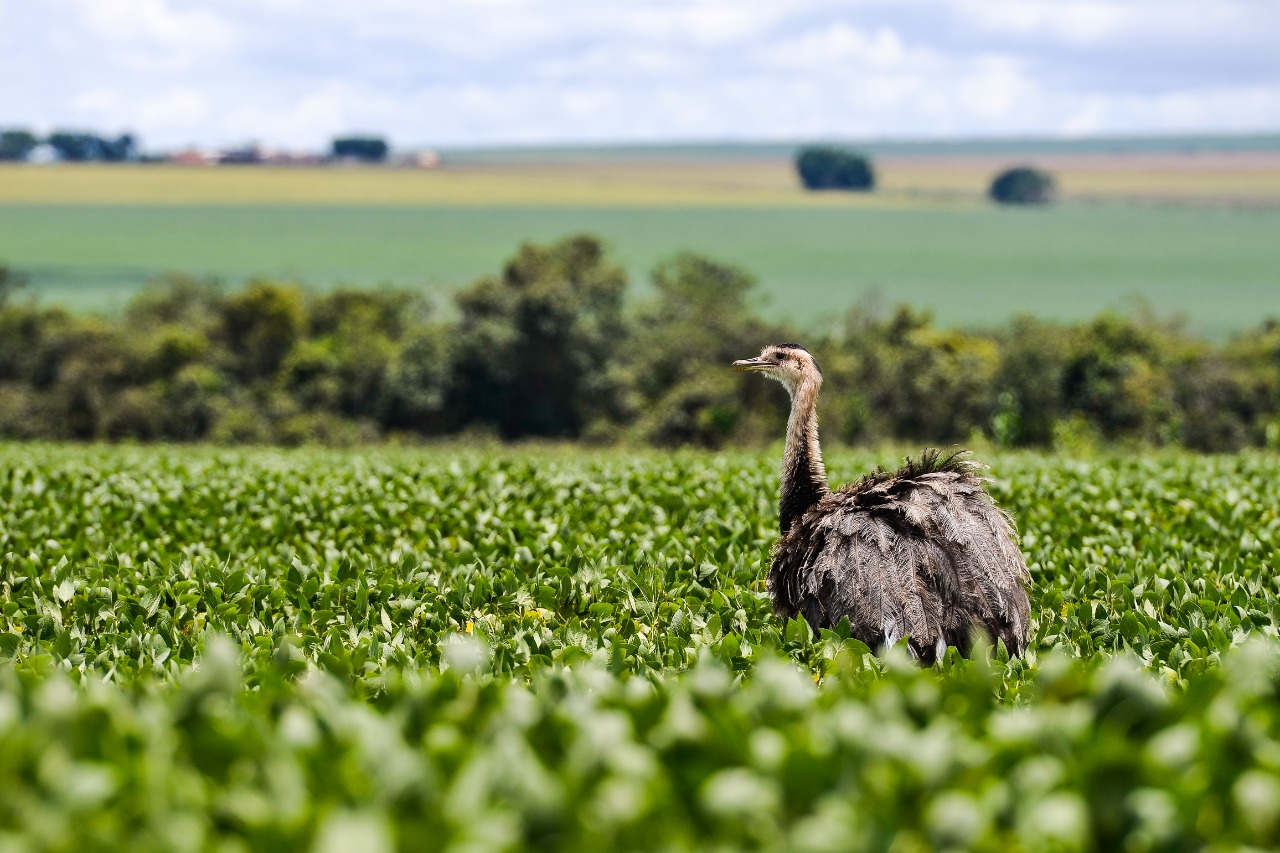International trade has been affected by climate change. In this scenario, the climate agenda is present in several discussions and already directly and indirectly impacts the main decisions and relations between countries. The result is the establishment of measures that can influence international trade and change the dynamics of the flow of products around the world. And the carbon credit market is at the center of this process.
Only the voluntary market, which does not depend on legislation, handled around US$ 2 billion in 2021, according to an estimate by the Ecosystem Marketplace. This is four times what had been registered in 2020. This segment could reach US$ 50 billion by 2030, according to McKinsey's projection.
Brazil has conditions to actively participate in this market: McKinsey estimates that the country accounts for 15% of the total potential for offering solutions based on nature, and that agribusiness is the sector with the best conditions to generate carbon credits from actions of protection of native forests.
CNI's commitment
The Brazilian private sector is committed to sustainable development and the construction of a broad work agenda aimed at a low-carbon economy, as was clear with the agreement signed between the National Confederation of Industry (CNI) and the Arab-Arab Chamber of Commerce. Brazilian (CCAB). During the most recent Conference of the parties, COP27, held in November in Egypt, the entities signed a term of commitment to build a joint work agenda in favor of COP28, which will be held in Dubai, in the United Arab Emirates.
For Robson Braga de Andrade, president of CNI, the entity's national strategy is based on four pillars: energy transition, carbon market, circular economy and forest conservation. “These are strategies for Brazil to take advantage of all its advantages and potential”, he explains.
“This includes intensifying the adoption of renewable energy sources and recognizing the importance of biofuels; the adoption of a carbon market based on the cap and trade system; circularity, based mainly on recycling and the efficient use of natural resources to generate business models that are less dependent on virgin raw materials; and the promotion of production chains based on the sustainable use of biodiversity and forests, with more effective actions to combat illegal deforestation and control fires, especially in the Amazon, in addition to promoting the bioeconomy”, he adds.

